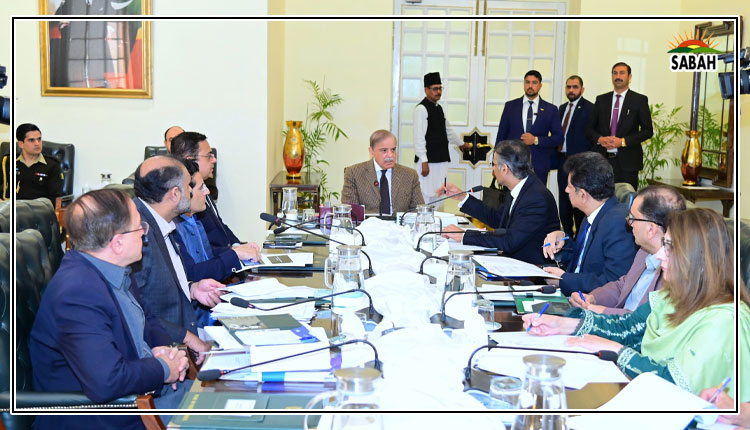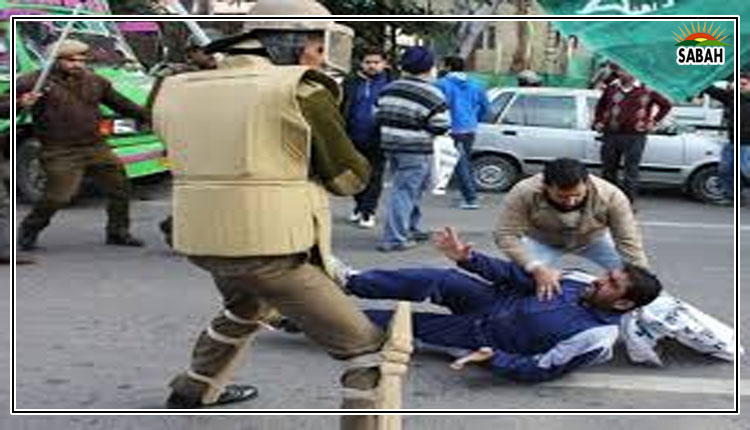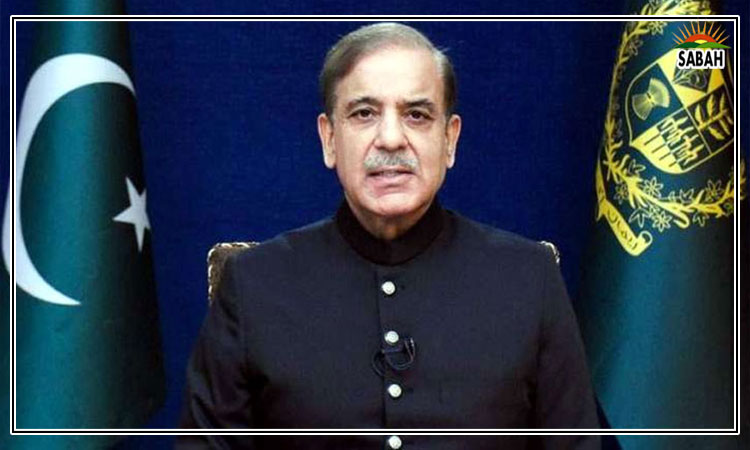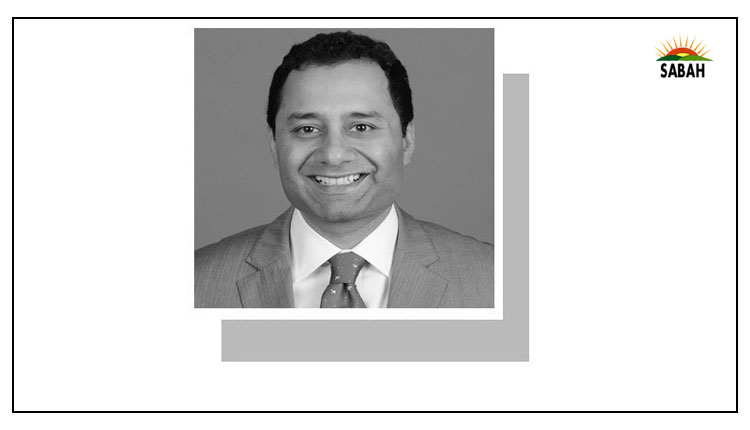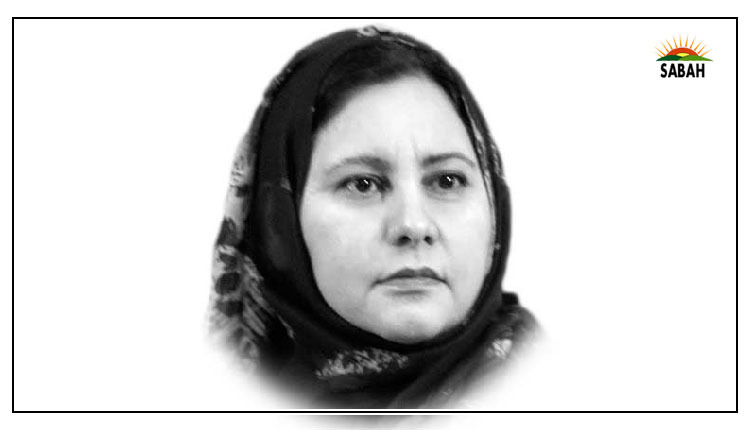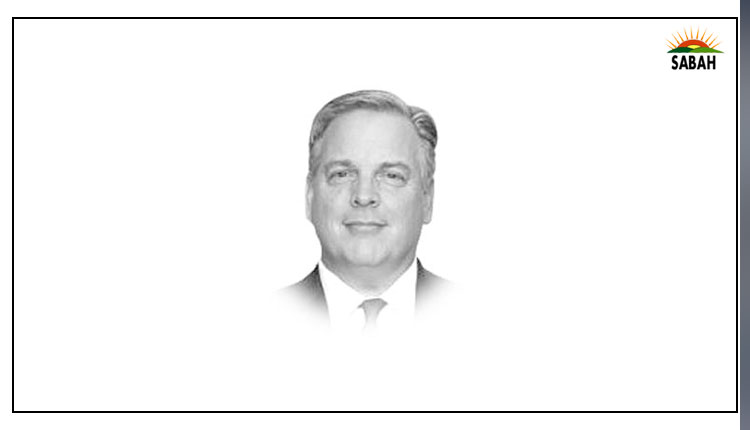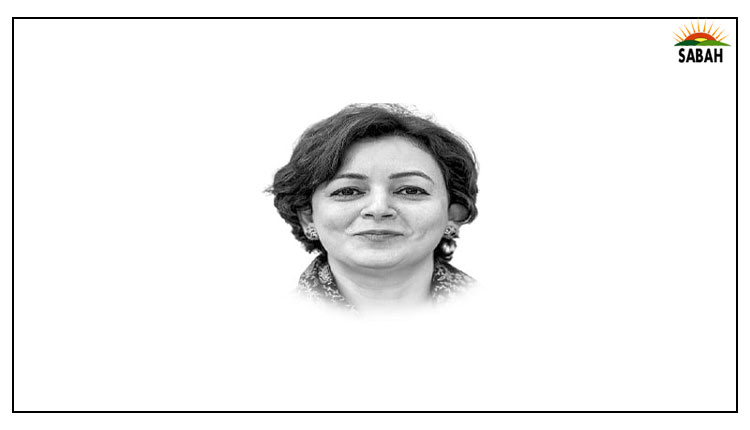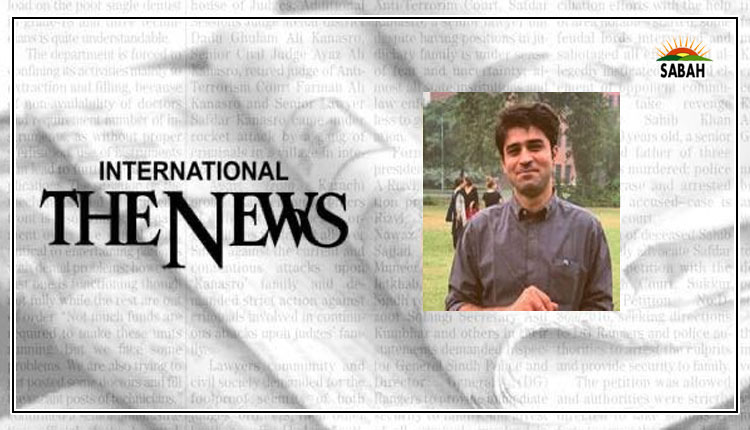Unfulfilled promises…Usama Asghar
Dont you think you are overstressed today? Well, not only today; perhaps you have been in this state for a week, month, year, and decade.
I am referring to that empty feeling that persists despite having everything a table full of food, good health, and a secure job. Nevertheless, there is a melancholic situation we are going through, and if you realize it for a moment, you will come to know that it is insecurity.
Even though it has been with us for decades, it intensifies when elections come around the corner. Political leaders take to the streets, travel across cities and provinces, hold rallies, and speak to people about their deprivations.
They emphasize basic needs like food, health, and education to let their audience understand what they are deprived of. It sparks a sense of fear among them that these fundamental commodities are still beyond their reach. If they do not vote for the person reflecting their reality, these basic facilities could become luxuries for them.
But wait, didnt you vote for them in the previous electoral race, and before that, and so on? Yet, we find ourselves in that looming perspective that things are continually out of our reach. Isnt it unfair to us who go out every five years to choose our premier, only to witness the same persistent state in our democratic five-year plan? The only changes seem to be in the cabinet and premiers, not in our constant situation.
Recently, I skimmed through every partys manifesto, but unfortunately, they all seem to offer the same old narratives when selling their ideas to the people. If there is one thing we have consistently received from our leaders, it is a concise and impactful tagline, narrated effectively during their rallies: Roti, kapra, aur makaan (food, clothes, shelter). Aside from this, they have barely provided us with anything substantial.
According to the last UN Human Development Report, Pakistan has gone down by seven slots in the Human Development Index (HDI) ranking for 2021-2022. In 2020, Pakistans HDI had already fallen by two notches, placing it in the low human development category, due to its insufficient education, health, and income indicators. Now Pakistan ranks 161 out of 192 countries.
Life expectancy at birth in Pakistan is a little over 66 years. The average Pakistan receives only eight years of schooling, and the gross per capita national income is just over $4,600. Pakistans Human Capital Index (HCI) value of 0.41 is low in both absolute and relative terms, lower than the South Asia average of 0.48, with Bangladesh at 0.46 and Nepal at 0.49. These countries despite all the challenges they have faced are doing better than us.
Low human capital investments will limit the realization of Pakistans ambition to become an upper-middle-income country by 2047, says a new World Bank report. Human capital makes up 61 per cent of Pakistans wealth, yet its levels of human capital are among the worlds lowest. Before the Covid-19 pandemic and the 2022 floods, an estimated 75 per cent of Pakistani children were in learning poverty, unable to read and understand a simple age-appropriate story by age 10.
The state of healthcare in Pakistan for FY-23 was worrisome. With only 2.1 per cent of the GDP allocated to the healthcare budget, there is clear neglect from the government. This lack of attention has resulted in a decline in the quality and quantity of healthcare facilities available.
The healthcare department in our country is in crisis, lacking sufficient public hospitals. The existing ones are in poor condition, leading people to opt for expensive private hospitals. Public hospitals face a shortage of beds and doctors, with a recommended ratio of one doctor per 1,000 people by the WHO.
For Pakistans 150 million population, we need around 65,000 more doctors. Major medical facilities, under provincial control, have only 542 beds per million people, contributing to the overwhelming patient influx.
Most government hospitals and clinics receive 3,000 to 5,000 patients daily, highlighting a dire situation. When consulting experts about the significant influx of patients, they attribute it to the rapid population growth in our country.
According to data collected, the Council of Common Interests (CCI) unanimously approved the results of the 2023 digital census on August 5, 2023. The census reveals a population increase to 241.49 million with an annual growth rate of 2.55 per cent.
This data underscores a constant state of crisis, interconnected and escalating. It is evident that our populace urgently requires family planning education, which is the least the state can do for its citizens. However, despite these numbers, they have chosen not to be swayed.
Amid the ongoing economic crisis, individuals may find themselves reducing their consumption of basic food items today due to the looming threat of rising prices tomorrow. The poverty headcount is estimated to have reached 39.4 per cent in FY23, with 12.5 million more Pakistanis falling below the lower-middle income country poverty threshold.
Pakistans inflation rate slightly moderated to 28.3 per cent in January 2024; however, prices across all commodity groups experienced a double-digit increase. This outcome can be attributed to frequent energy price hikes to meet the conditions of the International Monetary Funds (IMF) loan programme and supply disruptions.
In the past month, both rural and urban areas witnessed a further escalation in prices of food and energy items. Fuelled by an alarming surge of up to 520 per cent in gas prices in one year, overall inflation continued to soar, reaching 30.2 per cent in cities and 25.7 per cent in rural areas.
Political leaders who emphasize the looming threats of food insecurity, inadequate healthcare, and education genuinely reflect the stark reality that these essential facilities remain elusive in our country. Seven decades have passed since Pakistans inception, and yet progress in the country has been limited, and we seem to be regressing even further.
The failure to fulfil the social contract between the state and its citizens is evident, highlighting a lack of protection. The irony lies in the fact that while we may not succumb to enemy bullets or missiles, the real threat stems from the high costs incurred for non-development budgets. Its a paradoxical but undeniable truth.
Despite all that, we are moving into another electoral process. There will be a new premier of this country soon, along with a new cabinet new faces and eyes to address old challenges. However, it will not be easy for them to tackle these issues.
People have had enough, and they will be more vigilant than ever this time. Lets hope the new premier does something better or, at the very least, does not worsen the existing challenges, as any additional distress to our minds could cause trauma.
Courtesy The News



